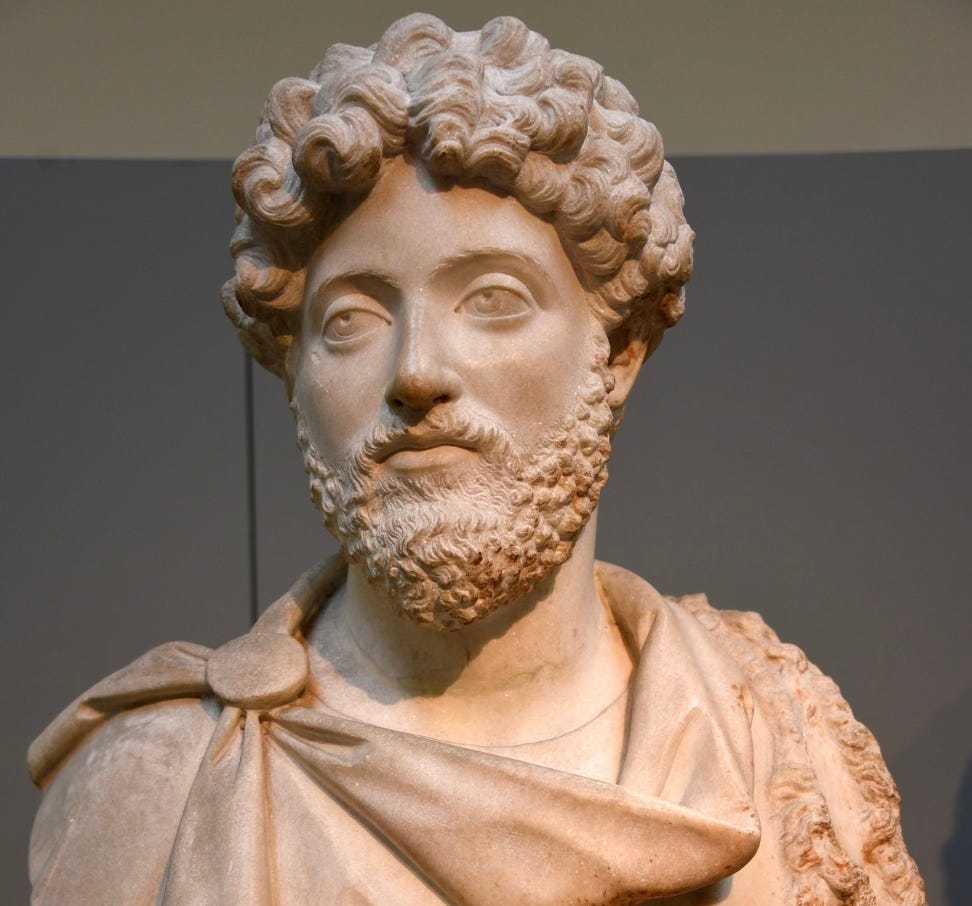Shortcut to nowhere
Fast takes won't get us closer to truth
My argument last week was that the process of communicating has been sped up in recent years. Critical thinking expressed in the media has been truncated, if it still exists at all.
What I see is the soundbite taking the place of anything like a conversation, argument or debate. There are of course journalistic or opinion pieces in the Washington Post (for now), the Atlantic, Harper’s, etc. whose authors take the time to corroborate allegations, examine evidence, weigh conflicting accounts and establish facts. But who has time for that?
[Note to self: I’ve written 85 words so far. Four sentences. The readability index is 48. That’s according to the Flesch-Kincaid readability tests. So, that’s a problem right there. The higher the score, the easier to read. A score of 100 is a 5th grade reading level. “Difficult to read” is 30-50. Who has the time or patience? Apparently, my readers do–at least some of the time.]
BTW, the above paragraph scores an “easy to read” 85 – a 6th grade level. A study of presidential candidates in 2017 indicated an average of a 9th grade level of sentence complexity. The current resident in the White House writes and speaks at a 4th grade level, not counting social media posts. Which is at once unsurprising and terrifying. The unintentional signaling of anti-intellectualism might explain its to appeal to the base.
Part of the challenge of practicing critical thinking is the complexity of the skill and the questions that we are invited to address. The ability to ask questions in pursuit of clarity is not a strong suit in today’s hyped-up media environment. (See also Meanwhile, Elsewhere post #2, March 12, I am Right and you are Wrong).
I happened across the critical thinking body of knowledge when I was researching the topic for a half-day workshop I designed years ago. Unpacking a complex competency such as critical thinking highlights the many skills it requires.The task is typically divided into six headings: Interpretation, Analysis, Evaluation, Inference, Explanation and Self-regulation.
Let me break these down so we can see what is involved:
Interpretation – An objective clarification of the meaning of words and data. For example:
Clarifying terms (such as “rule of law”)
Clarifying what a graph of data means
Recognizing the problem and describing it without bias
Analysis – A detailed examination of anything complex to determine its features. For example:
Identifying unstated assumptions
Identifying similarities and differences between two approaches to the solution of a given problem
Evaluation -- Determining the significance of data, reliability of sources, or weighing options. For example:
Judging an author’s credibility
Comparing the strengths and weaknesses of alternative interpretations
Judging if evidence at hand supports the conclusion being drawn
Inference -- Drawing conclusions based on known facts or evidence. For example:
Identifying the relevant information needed to draw a reasonable conclusion
Ensuring that any stated consequences flow logically from the data
Explanation – Showing the logical development of thoughts in a clear or convincing way. For example:
Constructing a chart that organizes and displays one’s findings
Showing that a judgment is reasonable by grounding it in established criteria.
Self-regulation –. Noticing when emotions get in the way of learning or clear thought, and managing them effectively. For example:
Monitoring how well you seem to be understanding or comprehending something
Reconsidering your interpretation or judgment in view of further analysis of the facts
Changing your opinion in view of new information
Before we all start trying out these skills at a house party or local bar, we can already see some problems:
Getting on the same page just in terms of definitions could take all night.
For many people, the terms “information,” “evidence,” and even “facts” depend on which media bubble you currently reside in.
We, as a species, are quick to judge and slow to reason.
Most people don’t want to do any of this. (“Oh yeah?? I got your self-regulating inference right here!!”).
The point of thinking critically is not necessarily to win arguments, signal some kind of virtue, or silence a foe with brilliant rhetoric. As far as I can tell, the point is to exercise the brain so that it remains curious about new data, and so that it is sufficiently agile and disciplined to get closer to the truth.
I am reminded of Stoic philosophy, which was concerned with the pursuit of truth and knowledge. Interest in Stoic principles is having a curious resurgence this century. The national bestseller Meditations translated by C. Scot Hicks and David V. Hicks and published by Scribner is widely regarded as the most readable translation of the work by Marcus Aurelius, Roman emperor and Stoic. I recommend it.
Truth, seen through the Stoic lens, is summed nicely here, from the website stoicsismple.com:
Stoics recognize that knowledge can be limited and that everyone is capable of making mistakes or holding incorrect beliefs. However, they advocate for the use of reason and evidence to distinguish falsehoods from truth, rather than relying on emotions or personal biases. This emphasis on rational inquiry and critical thinking is particularly relevant in our current post-truth era.
And when I consider how imperiled the word “truth” has become, being able to think critically feels less like a four-hour workshop, and more like a life skill. At the very least it seems a vital prerequisite for a government where power is vested in the people.
If you think about it.

Notes
Carnegie Mellon University study on presidential speeches
Flesch-Kinkaid Readability tests
Summary of Stoicism at www.stoicsimple.com
Meditations by Marcus Aurelius at www.simonandschuster.com




Interesting, Stew. I guess much depends on what kinds of truth we're talking about. I have, at times, wondered about two modern expressions: "Speak my truth." and "Speaking truth to Power." It feels like there an implication in both that truth may not be universal, that my truth may not be your truth, that my power may not originate from the same source or story as yours? Certainly there are logical (A = A) and empirical truths (water boils at 212 °F) based on what we understand about larger systems like science and math. But there are also many subjective truths. I think the self-regulation piece of your list of skills is perhaps the least developed of them all for many folks, probably myself included. Not going to master that one in 4-hours, that's for sure! Too bad we can't require regular [re]certification as a qualification to run for public office.